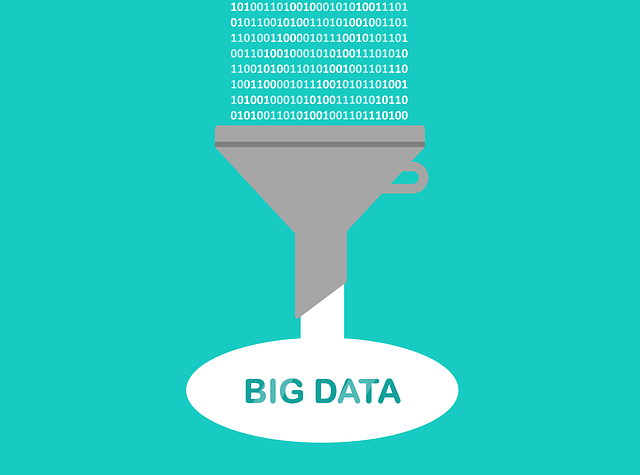The Rumsfeld Matrix as an effective tool in the decision-making process
During a briefing on the Iraq War, Donald Rumsfeld divided information into 4 categories: known known, known unknown, unknown known, unknown unknown. ...

During the time, all new technologies become simpler and more affordable for large-scale use. Now Big Data is going through this phase. As a result, different industries transformation is taking place. Here are some examples of key industries influenced by Big Data.
Retail
In recent years, selling and buying procedures have changed a lot. However, both online and offline store owners use the data to better understand customers, their needs, and comparison with the current offer. This approach ensures an effective operation and allows for huge benefits.
Data analytics is applicable to almost every step of the retail process. By predicting trends, it is possible to determine the demand for a product, optimize the price, determine the target audience, and gain a competitive advantage.
Health care
Big data in healthcare is helping to improve disease detection and treatment, improve life quality and reduce mortality rates. The main Big Data task is to collect as much information as possible about the patient and identify the slightest changes and illness signs at the earliest stages. It prevents disease development, provides a simpler and more affordable treatment protocol.
Financial services, Banking, Insurance
Big Data helps financial companies and banks detect fraudulent transactions. Insurance companies use Big Data to establish fairer and more accurate insurance premiums, improve marketing efforts, and detect fraudulent claims. British insurance company Aviva is offering a discount to drivers for being able to control their driving using smartphone apps and car devices. It allows insurers to observe how safe is driving.
Manufacture
The production process is changing dramatically with the development of robotics and the automation level. Sportswear, footwear and accessories company Adidas is actively investing in automated factories.
In traditional manufacturing, Big Data matters too. With the help of built-in sensors, it is possible to monitor the specific equipment performance, as well as collect and analyze data on its effectiveness.
Education
Now, data is being collected about how people learn. This information is used for new ideas, defining strategies for a more effective learning process, highlighting ineffective areas of the learning process and ways to transform it. In one Wisconsin school district, data was used for almost everything from defining and improving cleanliness to planning school bus routes. The performance data analysis of a particular person in online learning mode leads to the personalized, adapted learning development.
Transport and logistics
There are cameras to monitor inventory levels in warehouses. With the help of data from the cameras it is possible to provide reminds about replenishment. Also, this data using machine learning algorithms can be transmitted to train an intelligent inventory management system. In the near future, warehouses and distribution centers will be almost completely automated and require a minimum of human intervention.
Transport companies collect and analyze data to improve driving behavior, optimize transport routes, and improve vehicle maintenance.
Farming and agriculture
Traditional industries also use data to generate new opportunities. American manufacturer John Deere has applied Big Data techniques and launched several services. They enable farmers to benefit from crowdsourcing real-time data from thousands of users.
Energy
The volatility of international politics complicates discovering and producing oil and gas process. Royal Dutch Shell has developed a «data-driven oilfield» with the aim of reducing the cost of its production.
Hospitality business
Recreational service providers use data to make their customers happier. The main goal is to ensure each room profitability, taking into account seasonal changes in demand, weather conditions, local events that can affect the number of bookings.
Professional services
The professional services like accounting, law and architecture are also changing as a result of advances in data, analytics, machine learning, artificial intelligence and robotics.
For example, accounting software allows to automatically import transactions, track digital receipts and taxes, and automate payroll calculations.